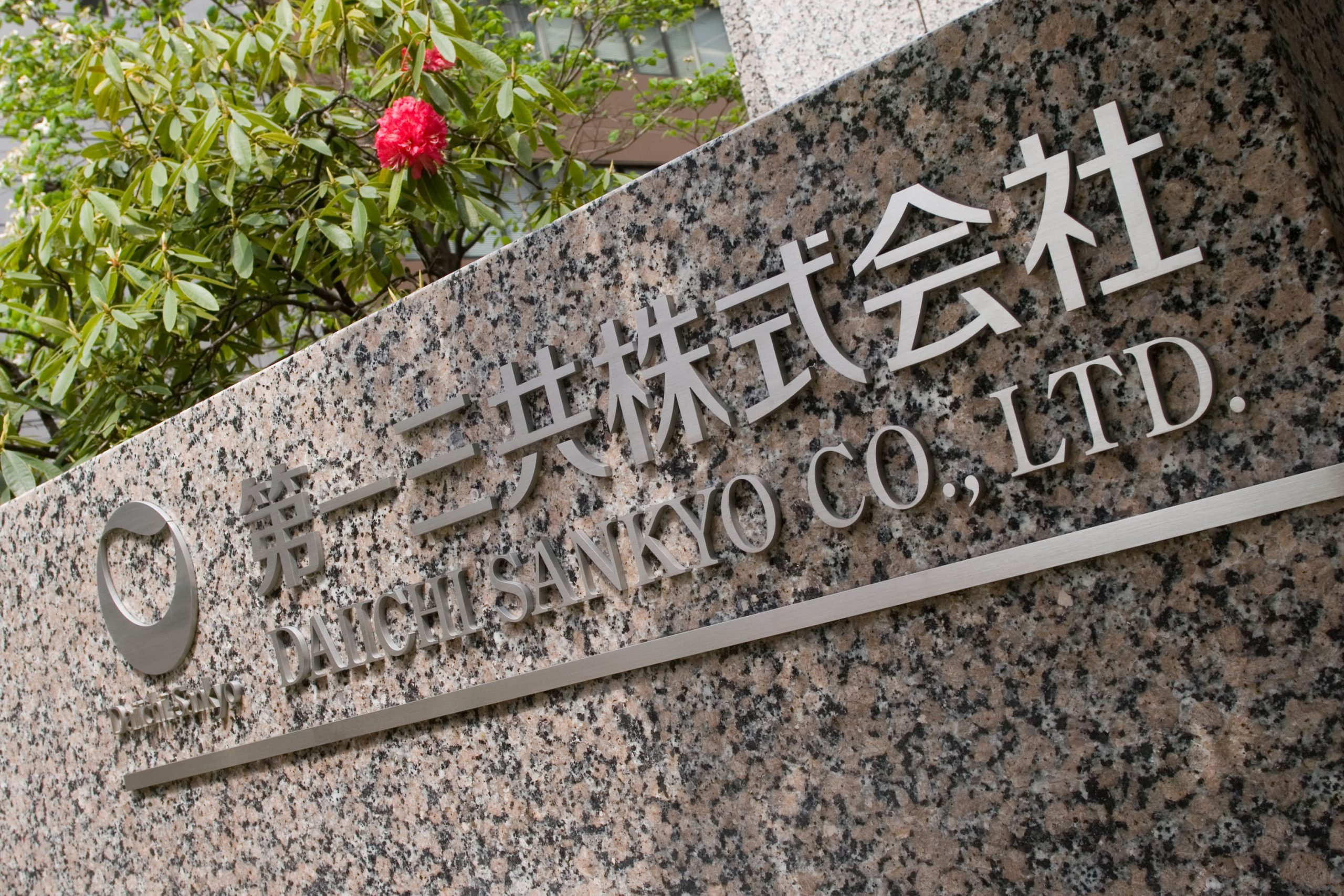Daiichi Sankyo in talks over OTC unit sale - reports

Daiichi Sankyo is in talks with several companies over a sale of its over-the-counter (OTC) business, according to press reports.
Citing Nikkei Business, Reuters reported that the final price is likely to reach around 100 billion yen – approximately $900 million.
The company is Japan’s fourth largest pharma by sales and reportedly hired JPMorgan to advise on the potential sale of the unit, Daiichi Sankyo Healthcare, earlier this year.
However the company has denied the reports. “Although Daiichi Sankyo is constantly examining the potential for a variety of strategic developments with the aim of sustainable business growth, this reporting is not correct,” it said in a statement.
The OTC business generated around 66.4 billion yen in the first quarter – around $600 million – and group sales reached 930 billion yen ($8.45 billion) during that period.
Daiichi’s unit makes popular energy drink Regain as well as Lulu Attack cold medicine and Gaster 10 stomach medicine.
This is shaping up into an important year for Daiichi Sankyo – it has signed a multi-billion dollar cancer R&D deal with AstraZeneca over the developmental antibody-drug conjugate, trastuzumab deruxtecan.
Cash-strapped AZ had to raise $3.5 billion from investors to finance the deal, but already it looks like a wise investment after pivotal phase 2 results earlier this month were deemed strong enough to support a filing with the FDA earlier this year.
The drug is aimed at breast cancer patients who have failed to respond to already-marketed breast cancer drugs from Roche, such as Herceptin, Perjeta, and Kadcyla.
The Japanese pharma is also expecting a decision from the FDA on two other cancer drugs in the coming weeks, which have had mixed reviews so far.
Advisers to the FDA voted against approval for quizartinib in acute myeloid leukaemia after raising concerns about issues with the design of a phase 3 trial.
But the panel of FDA oncology advisers voted in favour of approving Daiichi’s pexidartinib in a rare tumour of the tendon sheath.
Decisions from these panels are not binding – but the regulator usually follows their guidance, making pexidartinib a safer bet for approval than quizartinib.












